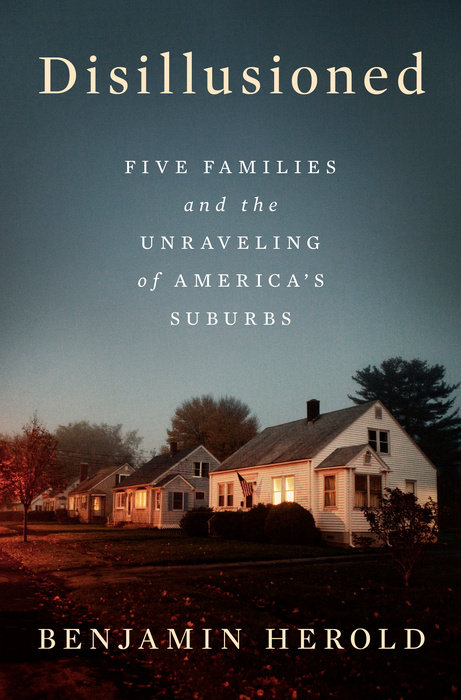Suddenly, the humdrum little town I’d fled a quarter century earlier seemed to be sounding a dire warning. The opening of suburbia was supposed to be the culmination of the greatest mass movement in our nation’s history, and experts were still pushing to move Black and Brown families into the suburbs and their “good” public schools. After all, that’s where the country’s foundational covenant—everyone is created equal, we all get a fair shot, success is determined by merit—was supposedly strongest.
But what if those families were discovering that their advanced degrees and carefully tended cul-de-sac lawns still didn’t grant them access to all the country’s benefits? That their children still weren’t safe, even in the nation’s most sought-after public schools? That they were now stuck, not just in some quiet personal crisis, but in a wider unraveling, one that threatened to undermine the civil-rights-era dreams of equal opportunity and harmonious integration that followed the deeply flawed vision upon which suburbia was built? America, with its long history of broken promises, might not hold.
It was this fear that ultimately drew me back home. On a blustery day in January 2020, I climbed into my station wagon and drove across the Pennsylvania Turnpike. I was forty-three, tired, with a to-do list already spilling off the page. But I desperately wanted to locate an American dream that wouldn’t leave my own two children stuck, financially or emotionally or morally. And now, the path forward seemed clear: I first had to understand how the abundant opportunities my family extracted from Penn Hills a generation earlier were linked to the cratering fortunes of the families who lived there now.
My search for answers would eventually lead me on a journey across America’s rapidly changing suburbs, from the McMansion-filled subdivisions sprouting up north of Dallas to the bungalow-lined blocks of long-blighted South Central Los Angeles. Connecting these far ends of the suburban spectrum, I learned, was a relentless cycle of racialized development and decline that took root after World War II, then sucked huge swaths of the country into a pattern of slash-and-burn development that functioned like a Ponzi scheme.
Through massive public subsidies, exclusionary local policies, and a nasty habit of pushing the true costs of new infrastructure off onto future generations, our government had essentially paid millions of white families to run away from Black America, then encouraged us to cycle through a series of disposable communities with shelf lives just long enough to extract a little more opportunity before we moved out, stuck someone else with the bill, and restarted the cycle somewhere new.
